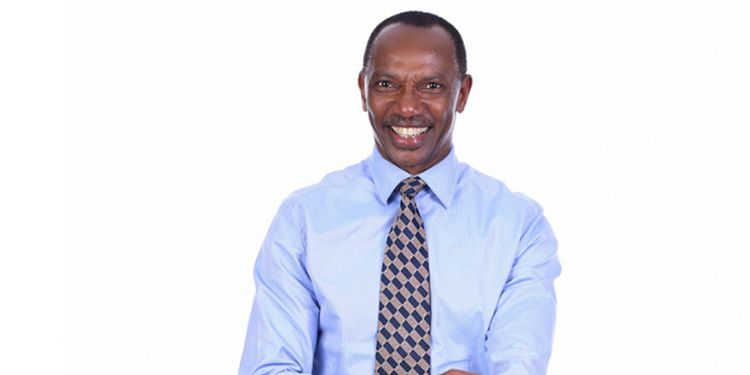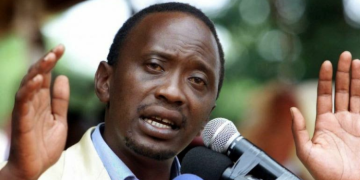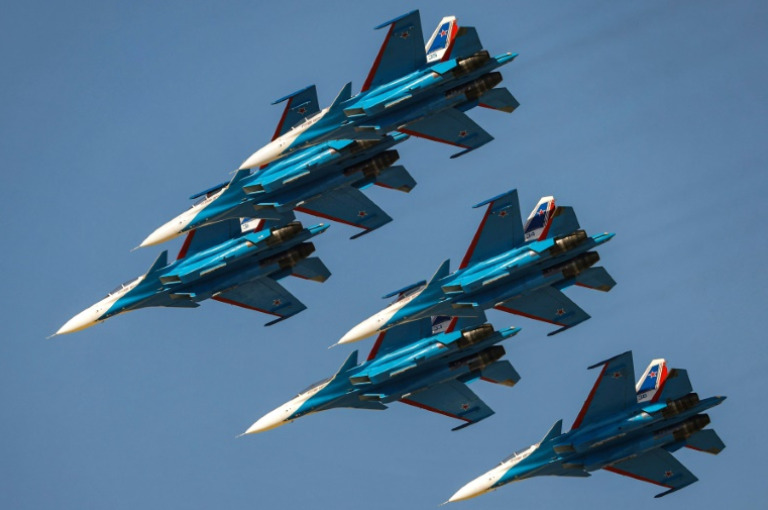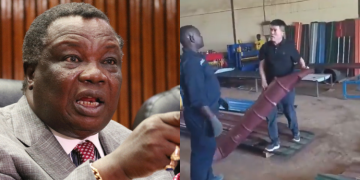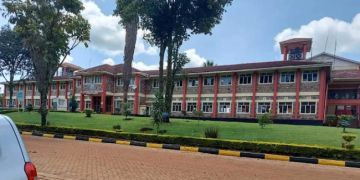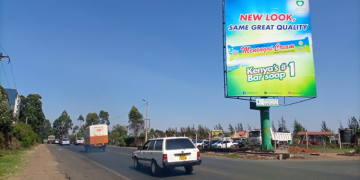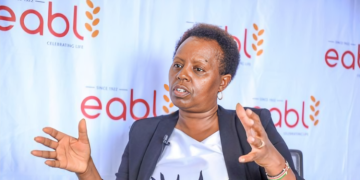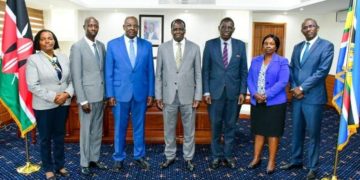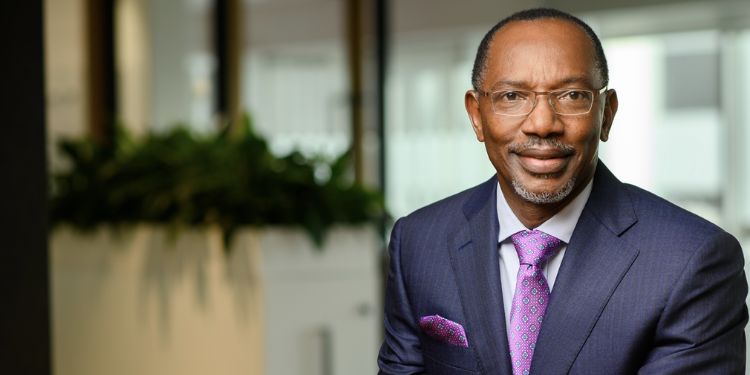Humphrey Kariuki is not a typical Kenyan billionaire. He does not dominate conference stages or flaunt his wealth on social media.
Yet, behind the scenes, he has quietly built one of Africa’s most diverse and resilient business empires, from petroleum, power generation, real estate, hospitality, and wildlife conservation.
His story is one of calculated risks, patient capital, and a deep belief in building for the long term, even in some of Africa’s most challenging markets.
He holds dual Kenyan and Cypriot citizenship but keeps most of his investments in Kenya. According to his associates, he dresses simply, avoids ostentation, and is said to value loyalty and long-term thinking above quick wins.
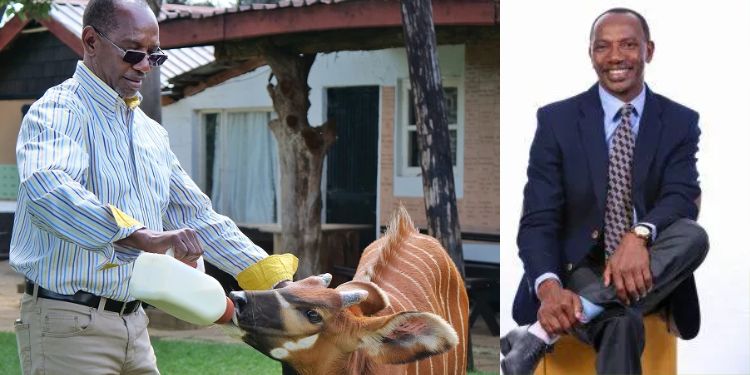
The Humble Beginnings of Billionaire Humphrey Kariuki
Humphrey Kariuki was born in 1957 in the central highlands of Kenya and was one of ten children in a modest family.
His father was a schoolteacher and his mother a homemaker; therefore, discipline was a constant in the household.
Kariuki attended Nairobi School and Kagumo High before landing a job as a clerk at the Central Bank of Kenya (CBK) at just 19 years old.
At CBK, he was exposed to the mechanics of finance and the discipline of institutional operations, lessons that would later shape his entrepreneurial mindset.
In the early 1980s, as Kenya’s economy was liberalized, Kariuki began importing second-hand cars from Japan and Europe and made huge profits.
The funds from the venture informed his next business moves.
From there, he opened Green Corner Restaurant in Nairobi, a popular lunchtime spot for bankers, politicians, and journalists.
Later, he established Wines of the World, one of Nairobi’s first high-end liquor stores.
Kariuki’s businesses were started by him spotting gaps in the market, moving quickly, and building for scale.
Also Read: The Billionaires of Kenya: Meet Teacher Turned Businesswoman Leah Wanjiku Muguku
List of his Business Empires
By the early 2000s, Kariuki had transitioned from serial entrepreneur to a corporate strategist.
He founded Janus Continental Group (JCG), a multinational holding company with operations in over 10 African countries, including the UAE, and parts of Europe.
Janus Continental Group went on to employ more than 700 people.
Dalbit Petroleum, founded in 2002, became one of its most visible successes, supplying petroleum products to markets from South Sudan to the Democratic Republic of Congo.
Dalbit built depots, transport networks, and bulk storage facilities in various parts of Africa and ensuring control over the entire energy supply chain.
Through GL Africa Energy, Kariuki ventured into independent power production, including the 105 MW Ndola Energy plant in Zambia, and pursued projects in Tanzania and Mozambique to help close Africa’s energy gap.
BSL Infrastructure complemented those efforts by constructing fuel depots and logistics corridors essential for the energy sector.
In 2016, he co-developed The Hub Karen, a KSh4 billion shopping mall that has become a lifestyle destination.
In 2015, he purchased the Fairmont Mount Kenya Safari Club, restoring its status as a luxury landmark and gateway to his most personal project, the Mount Kenya Wildlife Conservancy.
Also Read: Court Ends 11-Year Inquest Into Mysterious Death of Billionaire Harry Veevers
His Work in Conservation
As Patron of the Mount Kenya Wildlife Conservancy (MKWC), Kariuki has championed one of Africa’s private-led species recovery programs, which is involved in the reintroduction of the critically endangered Mountain Bongo antelope to the wild.
Over the past 20 years, MKWC has reared multiple generations of Mountain Bongos in a scientifically managed breeding and rewilding program, working with global conservation partners.
Under his leadership, more than 40,000 indigenous trees have been planted on 350 acres in the Mount Kenya ecosystem.
The conservancy also operates an animal orphanage and runs education programs for schools and communities.
Legal Storms
In 2019, Kariuki faced one of the most high-profile corporate legal battles in Kenya’s history.
The Kenya Revenue Authority accused Africa Spirits Limited of evading more than Ksh40 billion in taxes. The allegations triggered raids and asset seizures. The businessman briefly went into hiding before re-emerging to deny the charges
Two years later, the High Court dismissed the case for lack of evidence and procedural flaws, and his name was cleared.
Follow our WhatsApp Channel and X Account for real-time news updates.
